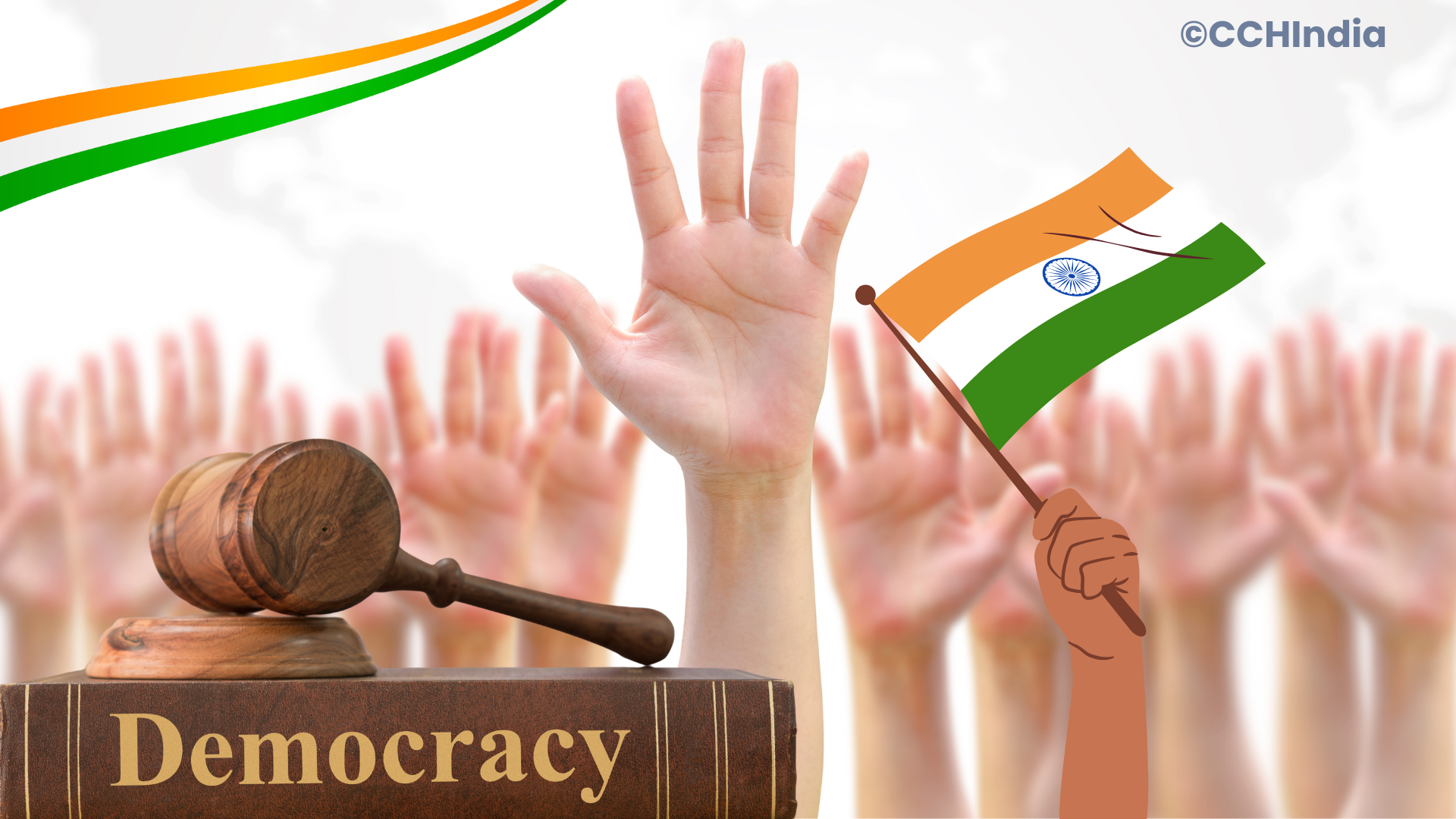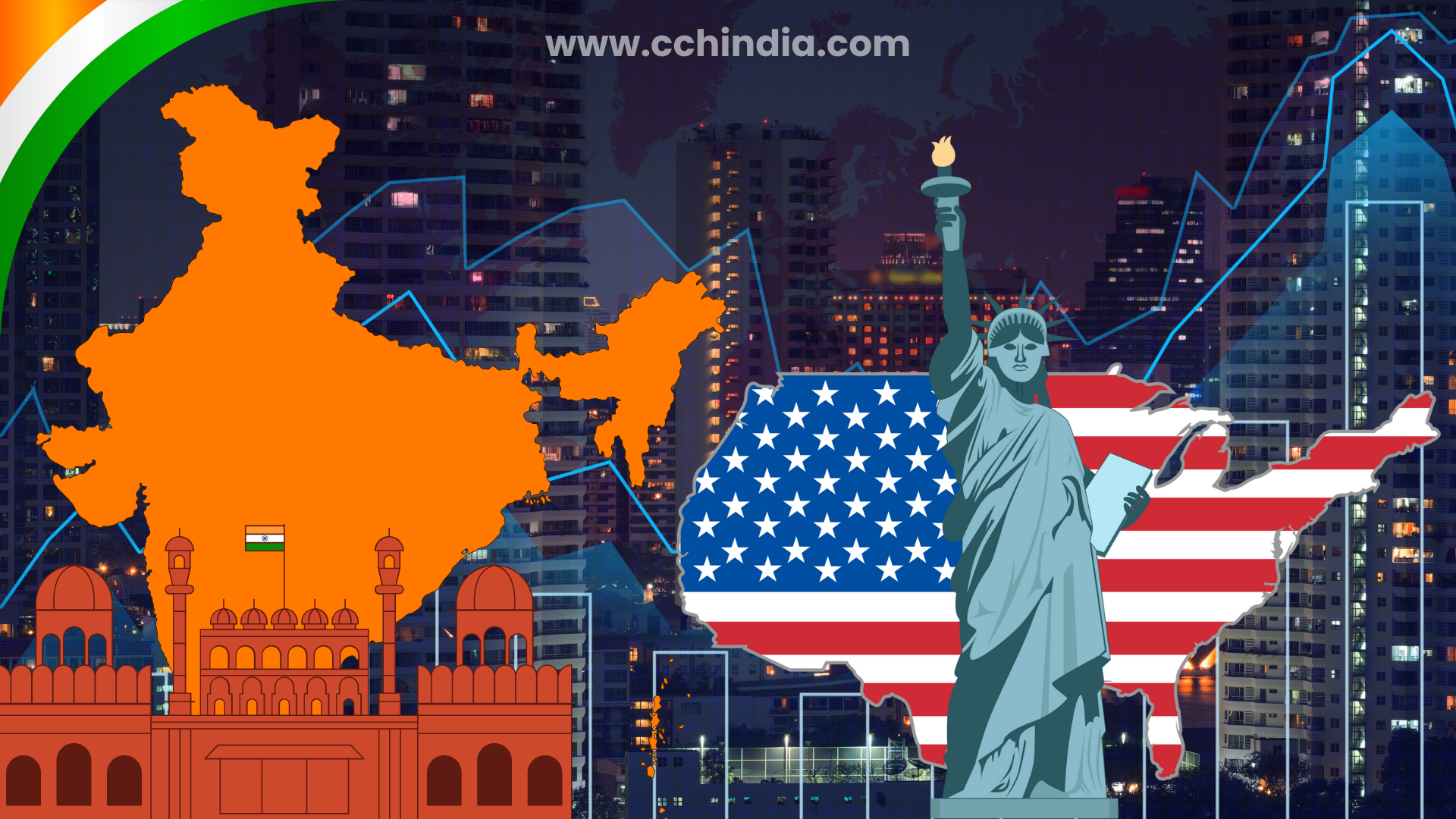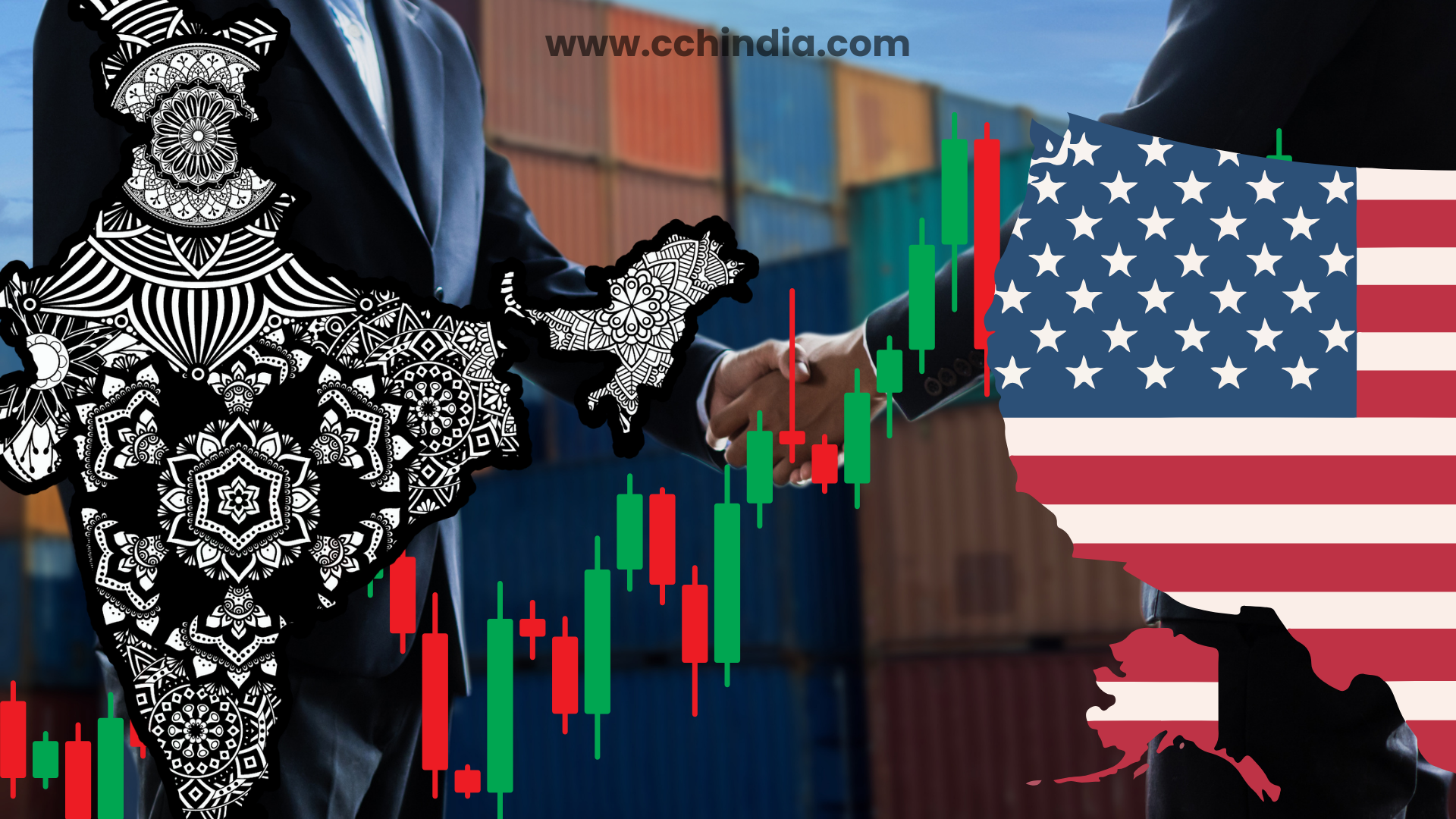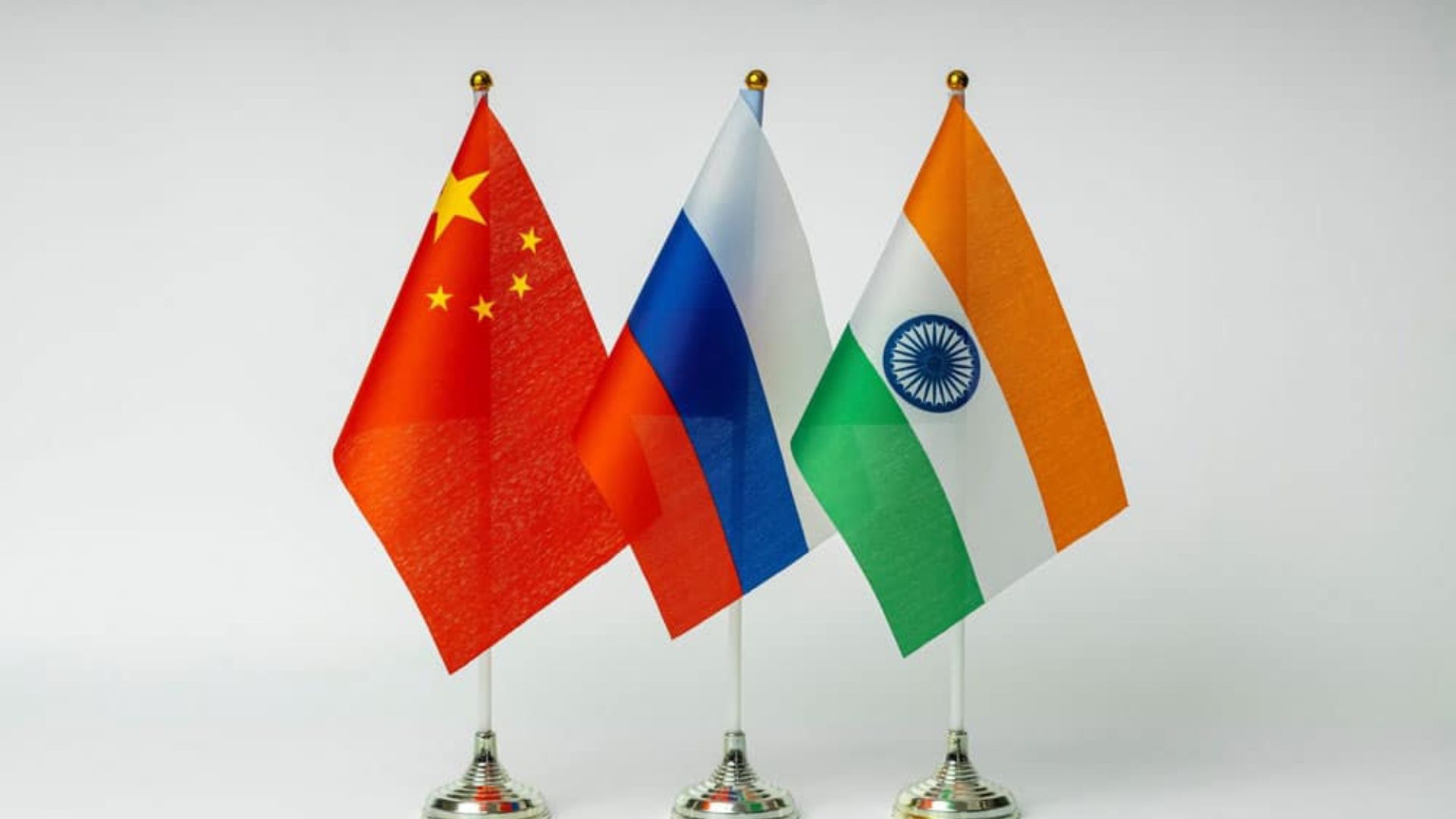भारत-अमेरिका व्यापार: सिर्फ आंकड़े नहीं, भरोसे की कहानी
भारत-अमेरिका व्यापार में रिकॉर्ड उछाल, 2024 में भारत ने 77.5 बिलियन डॉलर के निर्यात से 36.8 बिलियन डॉलर का अधिशेष दर्ज किया। आंकड़ों के पीछे छिपी असली कहानी यहाँ पढ़ें।

India, the world’s largest democracy, didn’t just happen overnight. It’s a story of struggle, resilience, and constant fights to keep democracy alive. Here’s a raw, human take on how India achieved and maintains it.
When people say India is the world’s largest democracy, it almost sounds like a fact you’d find in a quiz book. But let’s be honest — it’s way more than a fun fact. It’s messy. It’s complicated. And it’s alive only because millions of people, over decades, refused to give up.
I still remember my first time voting. Standing in a long line, thumb itching to press that ink on the EVM. It wasn’t about choosing the “perfect” candidate (spoiler: there never is one). It was more about feeling like I was part of something bigger. A billion-plus voices, and somehow mine counted too. Pretty wild, right?
Table of contents [Show]
Independence. Everyone cheering in the streets. But wait—how do you run a country this huge, this diverse, with so many languages, religions, castes, and classes? Sounds like a nightmare recipe.
Yet, instead of going for kings or military rule (like many nations did after colonialism), we went straight for democracy. Universal adult franchise. No tests, no “you must be educated first” nonsense. Just a simple: if you’re an adult, you vote. That’s gutsy. Think about it: America took ages to get there; women got the right to vote late. But India? Boom. Day one.
But democracy isn’t a gift you just keep in the cupboard. You’ve got to fight for it.
The Emergency in 1975 — people’s voices silenced, press muzzled, opposition jailed. If you ask your parents or grandparents, many still shiver recalling those years. And yet, in 1977, the same people who suffered went back to the ballot box and said: Nope, this won’t fly. That’s the power of ordinary folks protecting democracy.
Fast forward to today. We’ve got new kinds of fights. Fake news spreading faster than truth. Social media wars. Voter apathy (come on, how many times have we heard “my one vote won’t change anything”?). And yet, elections still bring the chaos of democracy to life. Rallies, heated chai shop debates, families split down the middle over political loyalty — democracy, in its noisy, imperfect glory.
Think about it — a farmer in Bihar, a software engineer in Bangalore, a fisherman in Kerala, all standing in line the same day, doing the same act. That’s not small. That’s historic.
Democracy isn’t a trophy India won and placed on a shelf. It’s this constant tug-of-war between power and people. Between promises and reality. Sometimes it feels frustrating — corruption scandals, broken systems, leaders who talk more than they deliver. And sometimes, it feels magical — like when a completely unexpected candidate wins because people decide enough is enough.
You ever notice the energy on counting day? TVs blaring, families glued to results, WhatsApp groups on fire. Whether you care deeply or pretend you don’t, you get pulled in. It’s addictive.
Being the world’s largest democracy isn’t just about bragging rights. It’s about responsibility. Every generation has to decide if they’re just going to sit back and complain, or actually show up — at the polling booth, in discussions, in holding leaders accountable.
India’s democracy isn’t perfect. Far from it. But maybe that’s the point. It’s not meant to be neat. It’s meant to be noisy, chaotic, and alive — like the people it belongs to.
And honestly, I wouldn’t have it any other way.

भारत-अमेरिका व्यापार में रिकॉर्ड उछाल, 2024 में भारत ने 77.5 बिलियन डॉलर के निर्यात से 36.8 बिलियन डॉलर का अधिशेष दर्ज किया। आंकड़ों के पीछे छिपी असली कहानी यहाँ पढ़ें।

India’s exports to the US hit new highs in 2024, with engineering goods, electronics, and pharma leading the list. But beyond the numbers, the India-US trade story is full of shifting dynamics, hope, and real-world impact.

The Russia-India-China (RIC) Troika refers to a trilateral dialogue and cooperation mechanism established to foster strategic, diplomatic, and economic relations among three of Eurasiaʼs largest countries. Conceived in the late 1990s by former Russian Prime Minister Yevgeny Primakov, the RIC was intended to counterbalance Western dominance and promote a multipolar world order .

